The COVID-19 pandemic has changed everything, and for countless people and families it has created an ongoing struggle.
Naturally, everyone’s looking for the miracle cure that’ll end this whole ordeal.
And surprisingly, it wasn’t some pharmaceutical breakthrough that recently piqued our interest, but rather a plant that’s been a part of human medicine since around 2700 B.C.E. (based on what researchers know so far).
Arguments about the COVID-19 (a.k.a. SARS-CoV-2 or “novel coronavirus”) pandemic run wild in forums everywhere. But we can all agree that we’re pretty sick of lockdowns and restrictions. With multiple vaccines now in distribution, research into the treatment of COVID continues.
In July 2020, experts first studied cannabis’s potential benefits against the novel coronavirus. But further studies show the relation between cannabinoid medicine and COVID-19 to be a bit more complicated and possibly overhyped.
So is weed the miracle treatment we were hoping to see? Yes, cannabis could have a beneficial effect on COVID-19 patients, but that sword boasts a dangerously sharp double-edge.
Understanding the Covid-19 Immune Reaction
Before we get further into cannabis and COVID-19, it’s essential to understand what makes this virus dangerous or deadly to some people. Many chalk it up to Person “A” having a more robust immune system than Person “B.” But the virus’s behavior also plays a large part.
Viral Factors
The problem with viruses like COVID-19 is that they learn quickly and can evade or impede the immune system’s natural response, according to Dr. Blerida Banushi of the University of Queensland Faculty of Medicine.
She explains that individuals can be asymptomatic or in critical condition depending on factors like adaptability and the body’s natural reaction.
The novel coronavirus is particularly sneaky and dangerous for certain people. The elderly and patients with specific health conditions have a hard time fighting infections, making COVID-19 particularly worrisome.
Dr. Banushi also mentions “viral load,” which refers to the amount of the virus that enters your body. Children appear to experience the lowest viral load, making them less likely to suffer severe, harmful symptoms than older individuals.
Immunity and Inflammation
The immune system is a tricky thing. Unfortunately, this means your best friend can also be your worst enemy when fighting a virus. As we all know, every immune system responds differently. Some barely notice the virus or have no symptoms. At the same time, other COVID-19 patients endure a hellish experience, sometimes leading to permanent damage.
For instance, severe respiratory distress is a rare symptom of COVID-19, hence the need for ventilators. According to one doctor’s observation, patients can wind up with severe lung damage beyond a heavy smoker. But why does this happen to some people and not others?
There are many mechanisms at work, but it’s the body’s inflammatory response that’s relevant here. Inflammation is where cannabis and the novel coronavirus intersect.
Cannabis and Cytokine Storms
According to some researchers, cannabis could reduce the inflammatory effects of cytokines. Cytokines are compounds that act like a distress call or signal flare to initiate an immune response, directing the proverbial war against infection. Immune cells produce cytokines when they notice a pathogen, instructing the entire body to fight back.
Once the cytokines issue their warnings, the body goes into full fighting mode. An inflammatory response is just one of many things cytokines can trigger. This is helpful when it works properly (as is the case for most SARS-CoV-2 patients), but things can get dangerously out of hand.
What is a Cytokine Storm?
A cytokine storm is what we mean when we say “dangerously out of hand,” as explained in an editorial from the scientific journal JAMA Internal Medicine.
Technically, the “cytokine storm” is undefined and more of a buzzword than a medical term. Consequently, researchers don’t always agree on what these storms are and how they affect COVID-19, if at all.
But colloquially, “cytokine storm” describes cytokines’ excessive activity as “injurious to host cells,” according to the above publication. This results in an inflammatory response that goes entirely out of control, leading to the potentially deadly acute respiratory distress syndrome (ARDS).
The Role of CBD and THC
Now that we’ve established how infection, immunity, and cytokines are connected, let’s look at how cannabinoids can potentially help - and harm.
The science on cannabinoids and their ability to suppress inflammation and mediate immunosuppressive effects is very real. This includes cannabinoids such as THC and CBD.
CBD
As cannabidiol (CBD) continues to gain in popularity, consumers have come to appreciate this cannabinoid for its broad range of applications, including inflammation.
As a result, it only makes sense to explore the types of inflammation CBD may address. One paper published in 2020 on the topic revealed some promising results.
Researchers discovered that CBD’s impact on immune function reduces the proliferation of cytokines, which would in turn reduce inflammation triggered by the cytokines. It’s important to note that this report doesn’t directly address COVID-19 and is more of a general overview of CBD’s effects on the immune system.
But the researchers’ conclusion is definite:
“Overall, the data overwhelmingly support the notion that CBD is immune suppressive and that the mechanisms involve direct suppression of activation of various immune cell types…”
In other words, CBD does suppress immune function, potentially preventing cytokine storms and a variety of excessive immune responses.
THC
Delta-9 tetrahydrocannabinol (THC) is the primary psychedelic cannabinoid in cannabis. In addition to its mind-altering effects, this cannabinoid has a range of medical properties.
But could THC really help with COVID-19?
Preliminary research looked at the effects of staph infections on mice. The illness eventually led to ARDS, which was pretty much a guaranteed death sentence for their furry test subjects.
But surprisingly, researchers found “...THC treatment significantly suppressed the inflammatory cytokines,” leading to a 100% survival rate.
However, this study - like the CBD analysis - doesn’t focus on or mention the novel coronavirus. ARDS, though, is a complication that may arise from a variety of illnesses.
If THC can reduce ARDS from a staph infection, applying it to human COVID-19 patients could theoretically work.
A Double-Edged Sword
There are reasons to be optimistic about the positive connection between cannabis and COVID-19, but it’s not all sunshine and rainbows.
Timing is the biggest concern. Using cannabis flower or cannabis extracts during the COVID-19 pandemic may backfire.
Timing is Crucial
Dr. Peter Grinspoon, MD at Harvard medical school, talked to Forbesabout the pros and cons of medical cannabis use in the treatment of COVID-19.
Grinspoon-a medical cannabis expert - explains the importance of timing cannabis consumption to prevent ARDS. He says that we initially need to give our bodies a chance to mount an immune response. Only after a severe reaction should we take steps to suppress the immune system with cannabis or other drugs.
It’s essential to make this distinction because, according to Dr. Grinspoon, “...early on in the infection - when our immune system needs to be at its best - suppressing it could lead to a worse infection.”
Increased Vulnerability to COVID-19
If using cannabis too early can make the novel coronavirus worse, what does this mean for daily users?
When you contract COVID, it takes a few days for symptoms to appear, indicating an immune response. But if you toke or use edibles regularly, you risk for a worse infection is higher than infrequent or non-users.
Grinspoon adds that cannabis smokers face the most significant risk since “...smoking does cause mild, chronic bronchitis.”
While the doctor admits there’s potential in cannabinoid treatment for ARDS, he’s still on the fence about whether there’s a real connection. Grinspoon admits the correlation between cytokines and ARDS is relatively strong, but he’s not sure if cannabinoid medicine makes as much of a difference as many people claim.
Correlation or Causation?
We all know the adage “correlation doesn’t mean causation.” Yes, there’s promising preliminary evidence, and the concept looks reasonable on paper.
There’s nothing we want more than to see cannabis as the magic bullet to help save lives during this widespread public health crisis. We might even feel vindicated, given the damaging press cannabis still gets from prohibitionists.
Realistically, though, we need a lot more research before we can definitively say inhaled cannabis or extracts may increase your chances of making it through a deadly lung infection like COVID-19.
But it’s possible and worth further research.
FAQ
Does weed cure coronavirus?
No, weed doesn’t cure coronavirus. However, it may help reduce deadly lung inflammation called acute respiratory distress syndrome (ARDS), which can happen as a result of COVID-19.
Can CBD Help with COVID?
Yes, CBD may help with COVID, but research is sparse and still not definitive.
Can I Smoke Weed if I have Coronavirus?
Doctors don’t recommend you smoke weed if you have coronavirus or any lung infection, but research is ongoing regarding whether it can help in severe cases. You may want to consider vaping or edibles.
Are you still missing out on The Bluntness newsletter? Sign Up today to stay in the loop.
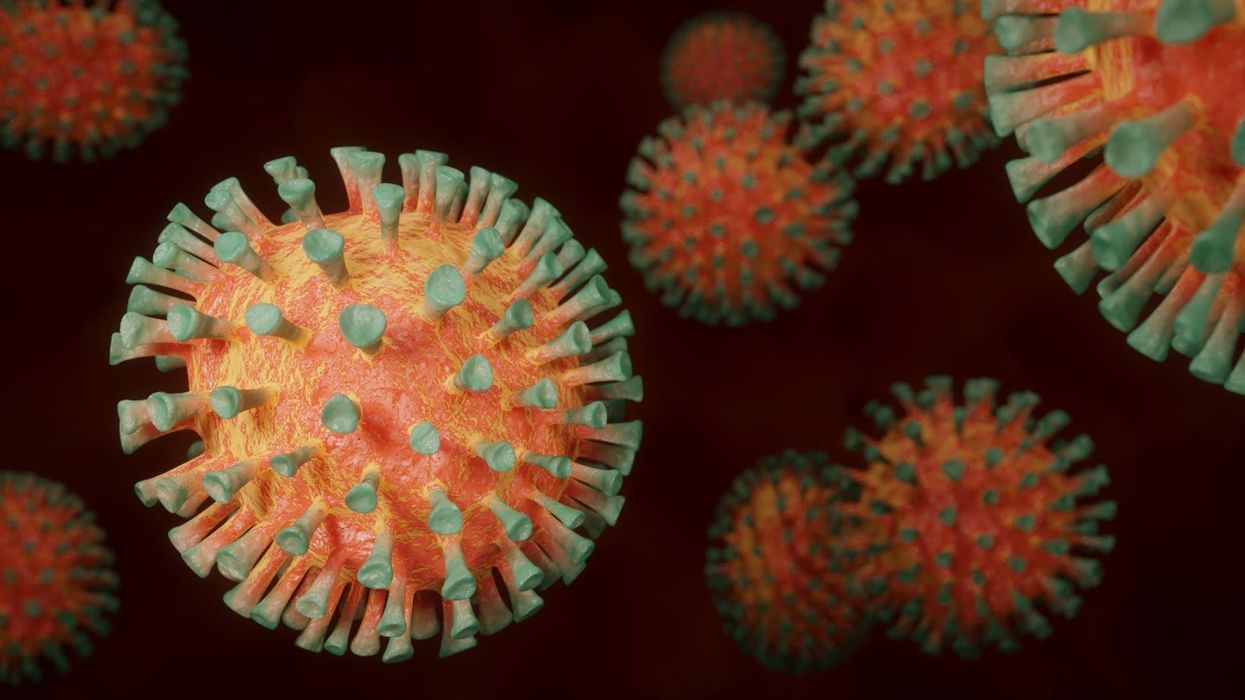


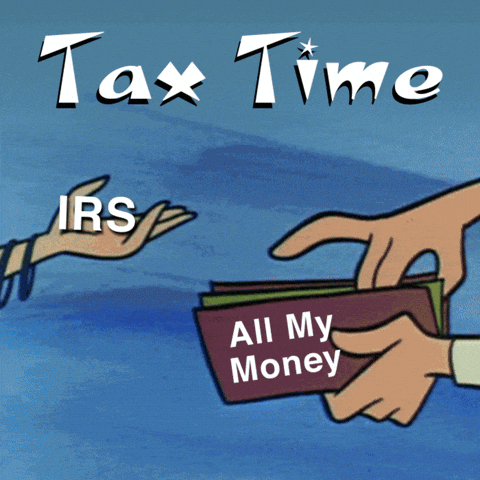




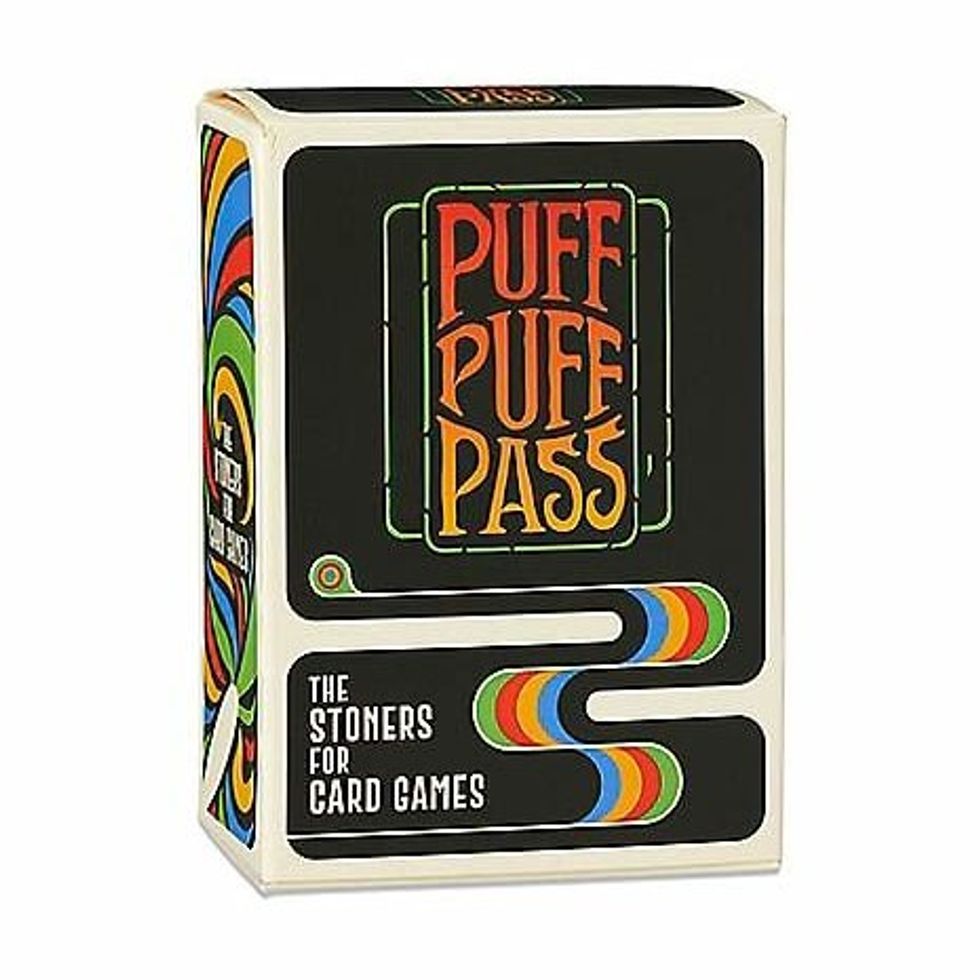
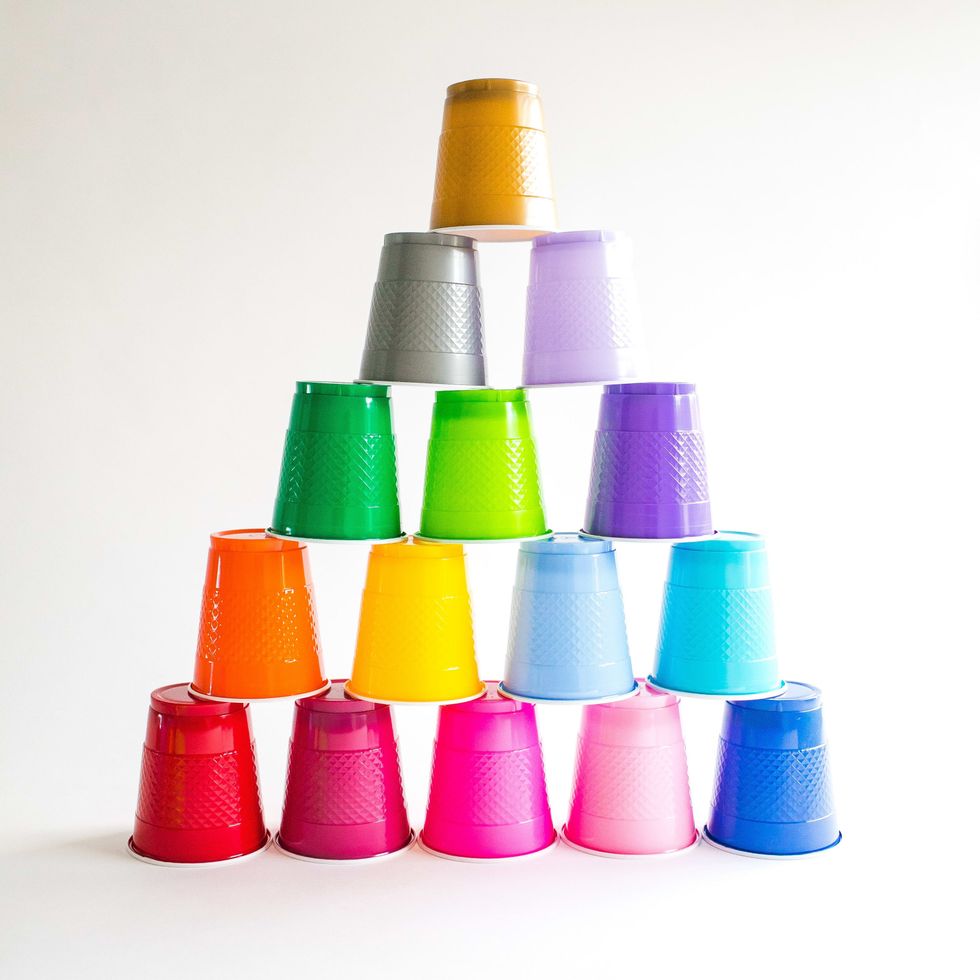
 Best Weed Smoking Games to Try - Jammin'
Best Weed Smoking Games to Try - Jammin'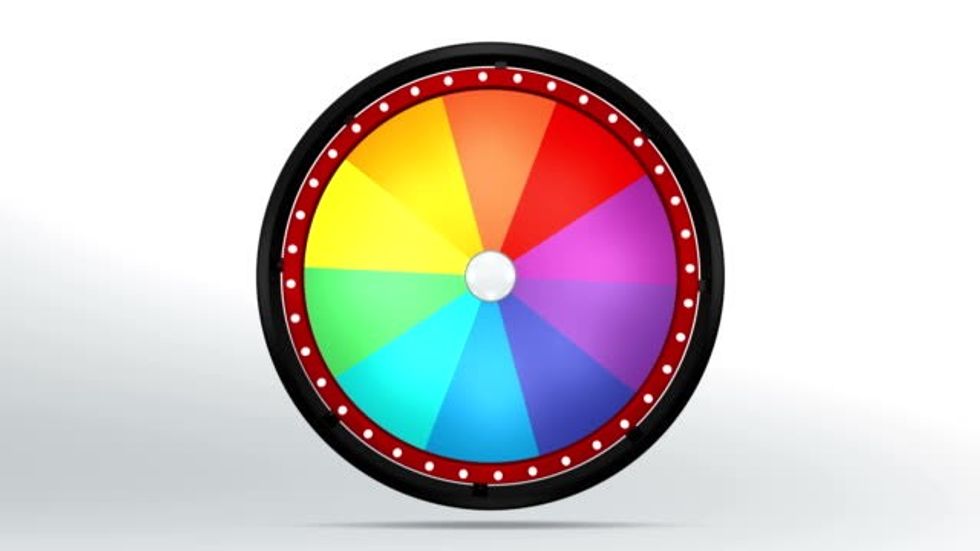 The 31 Best Weed Smoking Games To Try
The 31 Best Weed Smoking Games To Try The Best Weed Smoking Games
The Best Weed Smoking Games The Best Weed Smoking Games to Try
The Best Weed Smoking Games to Try
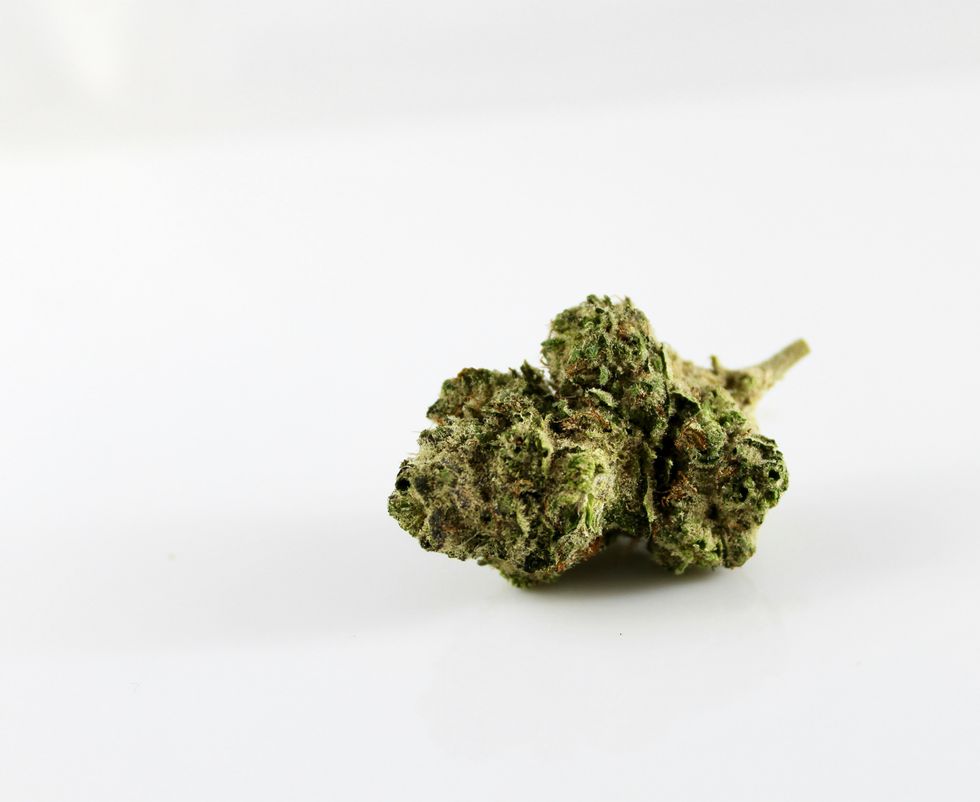
 Stoner Games - Games to Play While High
Stoner Games - Games to Play While High The Best Weed Smoking Games to Play
The Best Weed Smoking Games to Play The Best Weed Smoking Games to Try
The Best Weed Smoking Games to Try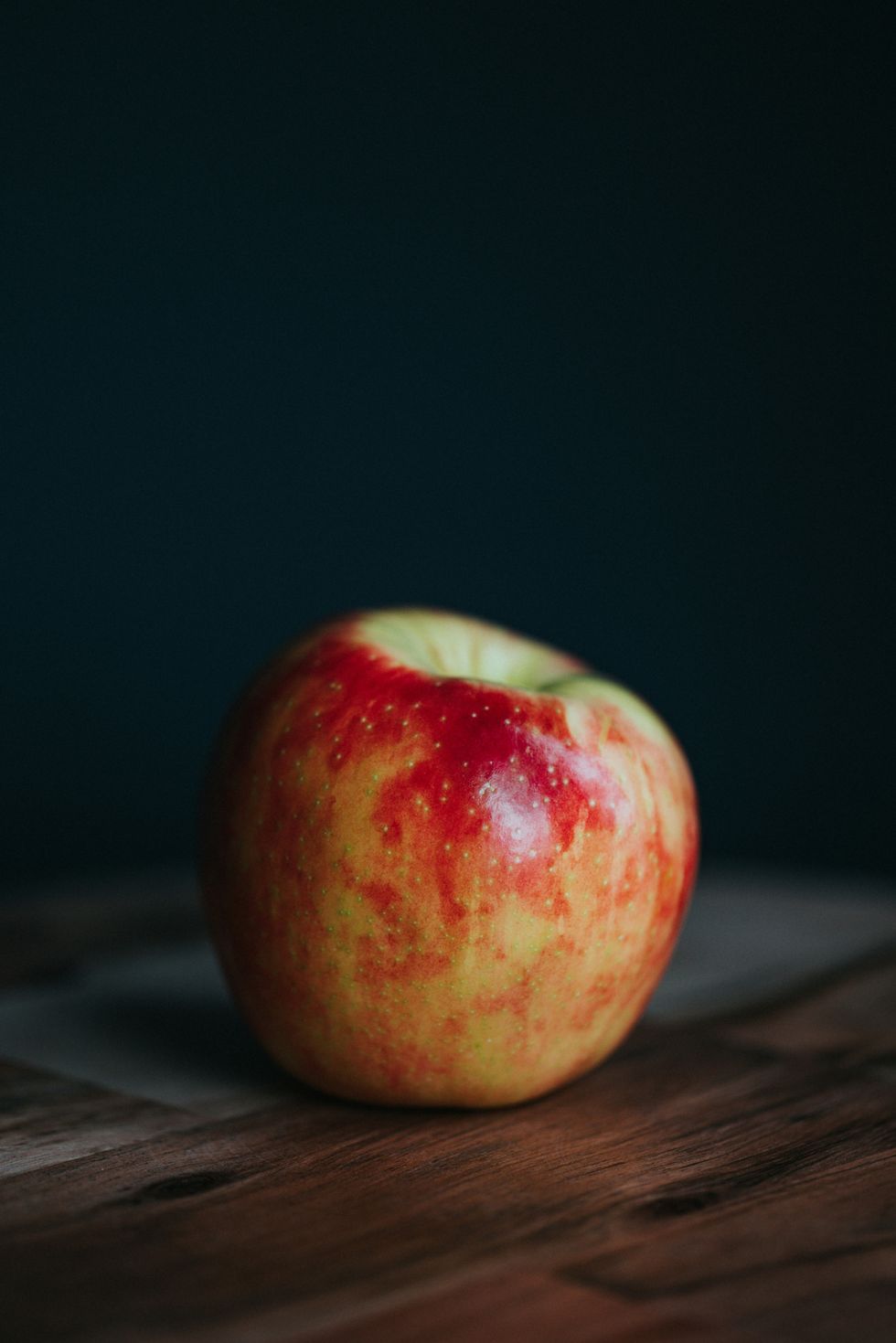
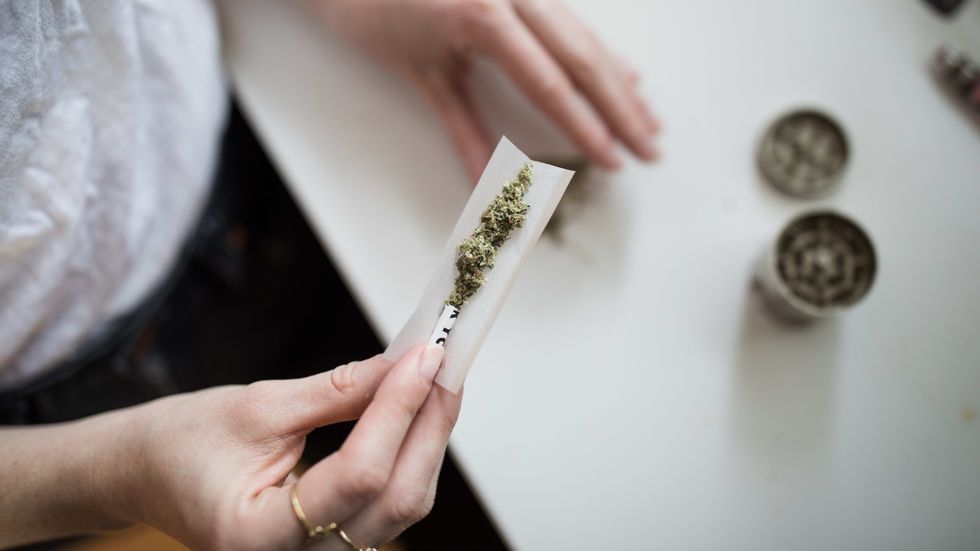 The Best Weed Smoking Games to Try
The Best Weed Smoking Games to Try
 The Best Weed Smoking Games to Play
The Best Weed Smoking Games to Play The Best Weed Games to Play
The Best Weed Games to Play The Best Weed Smoking Games to Try
The Best Weed Smoking Games to Try The Best Weed Smoking Games to Play
The Best Weed Smoking Games to Play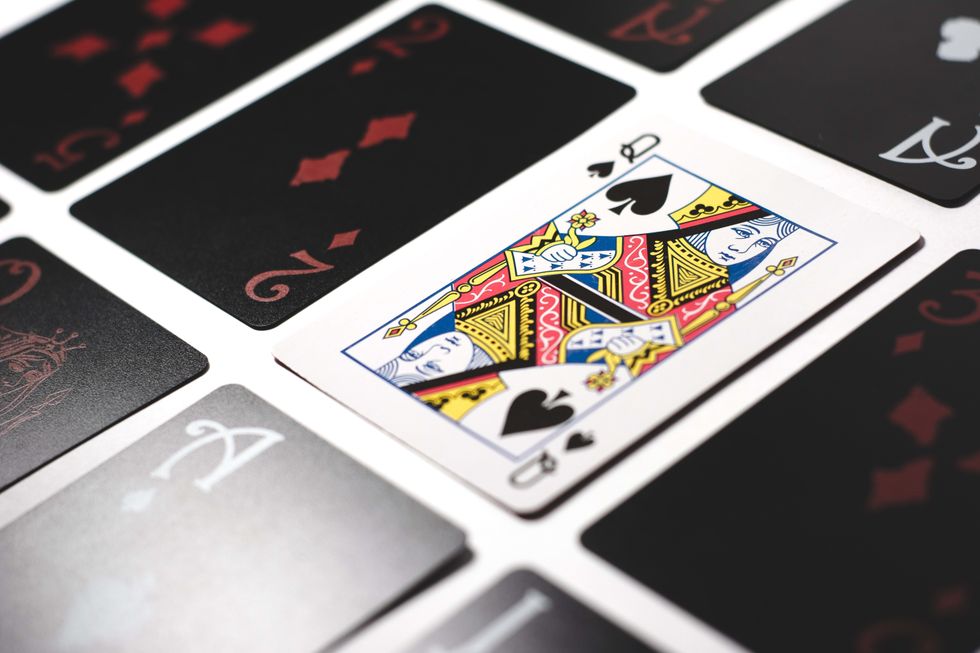 The Best Weed Smoking Games to Try
The Best Weed Smoking Games to Try Games for Stoners
Games for Stoners  woman in white and blue floral shirt sitting beside woman in white and black floral shirtPhoto by
woman in white and blue floral shirt sitting beside woman in white and black floral shirtPhoto by 
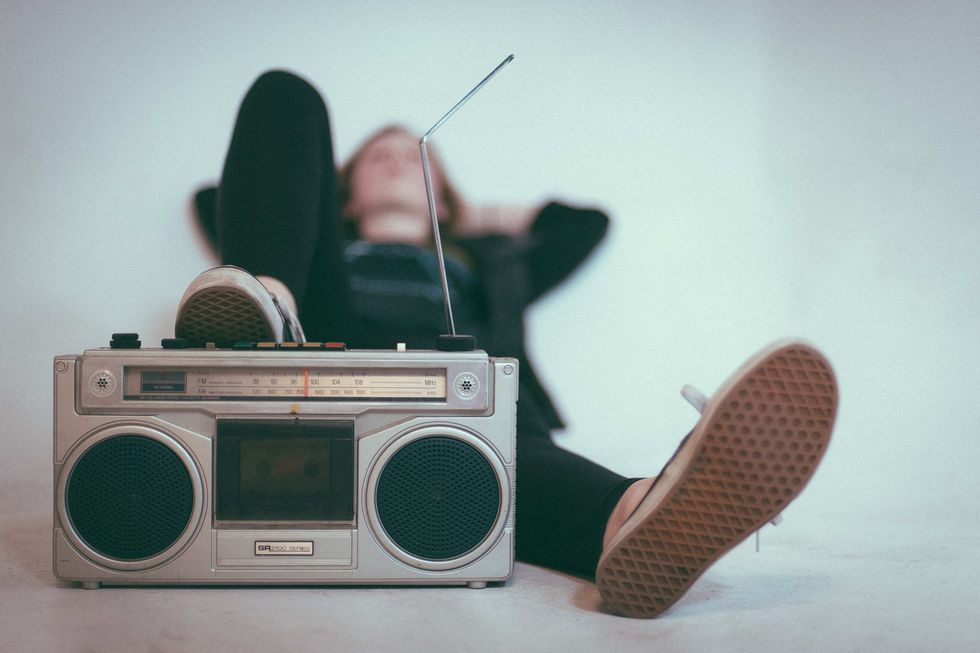 The Best Weed Smoking Games to Play
The Best Weed Smoking Games to Play
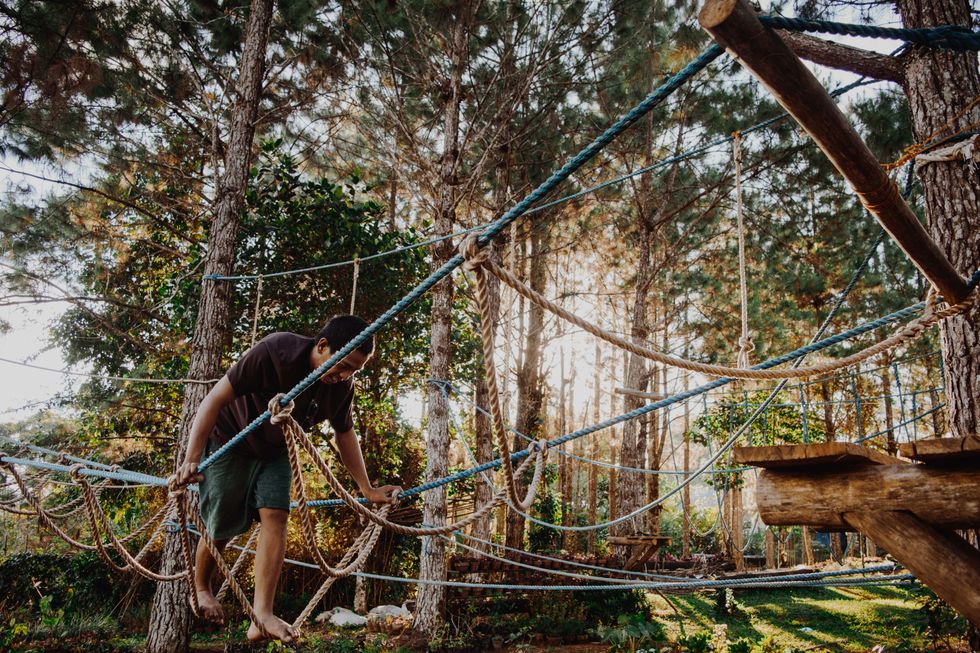 The Best Weed Smoking Games to Try
The Best Weed Smoking Games to Try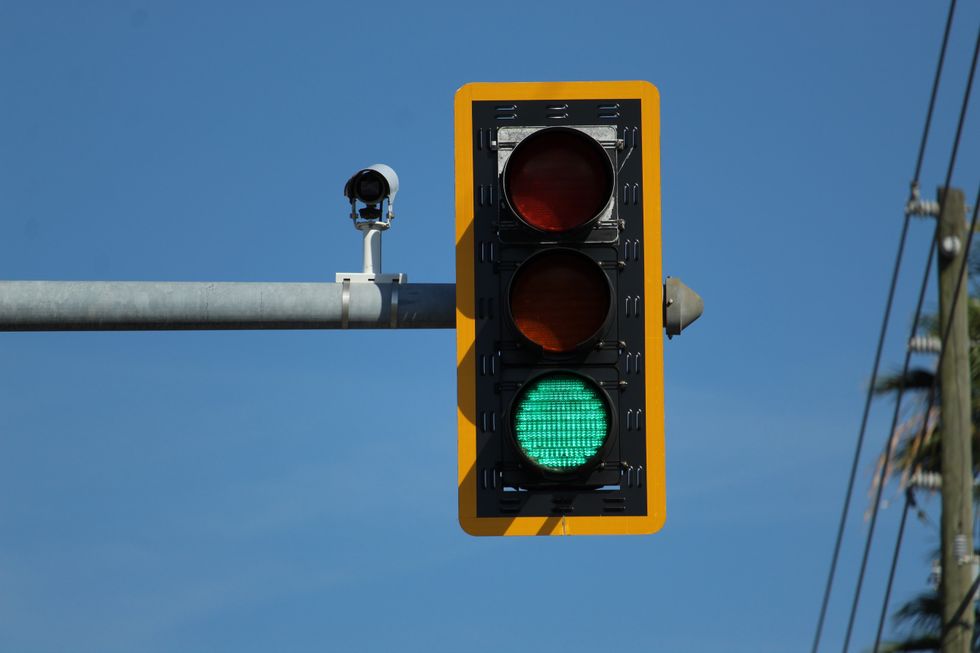 The Best Weed Smoking Games to Try
The Best Weed Smoking Games to Try world map with pinsPhoto by
world map with pinsPhoto by 
 The Best Weed Smoking Games to Try
The Best Weed Smoking Games to Try



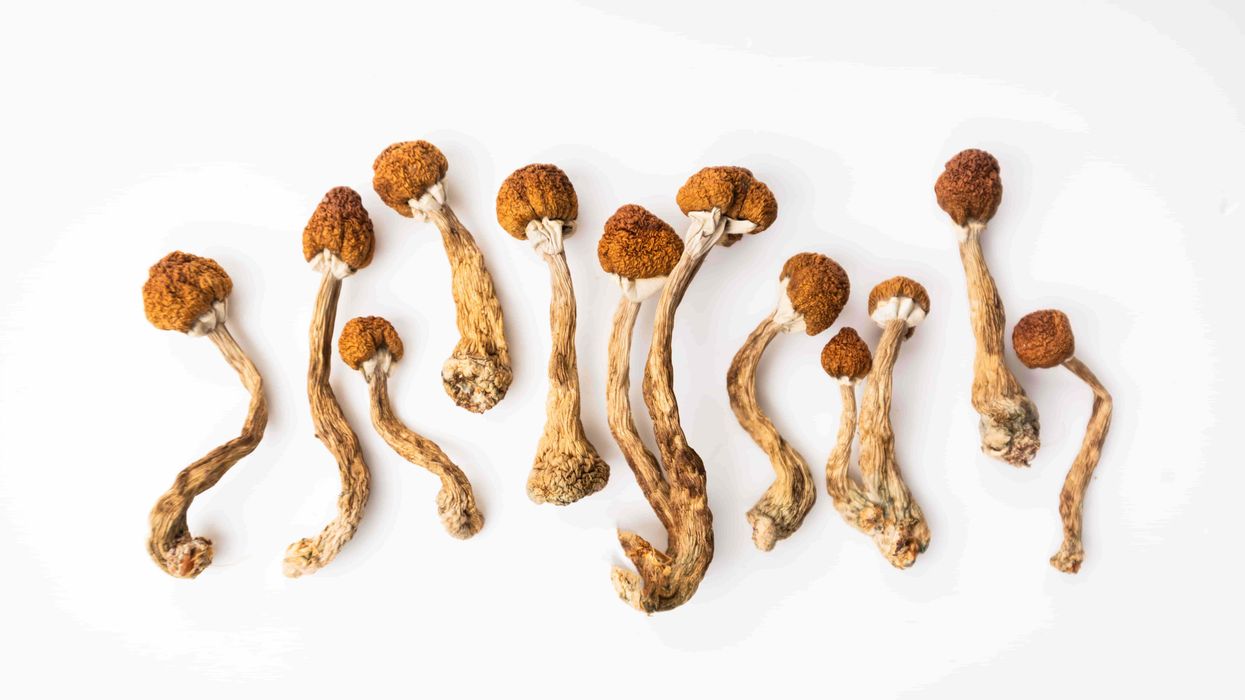


 The Truth About THC Candle: Cannabis Candles & How to Make Your Own - The Bluntness
Photo by
The Truth About THC Candle: Cannabis Candles & How to Make Your Own - The Bluntness
Photo by 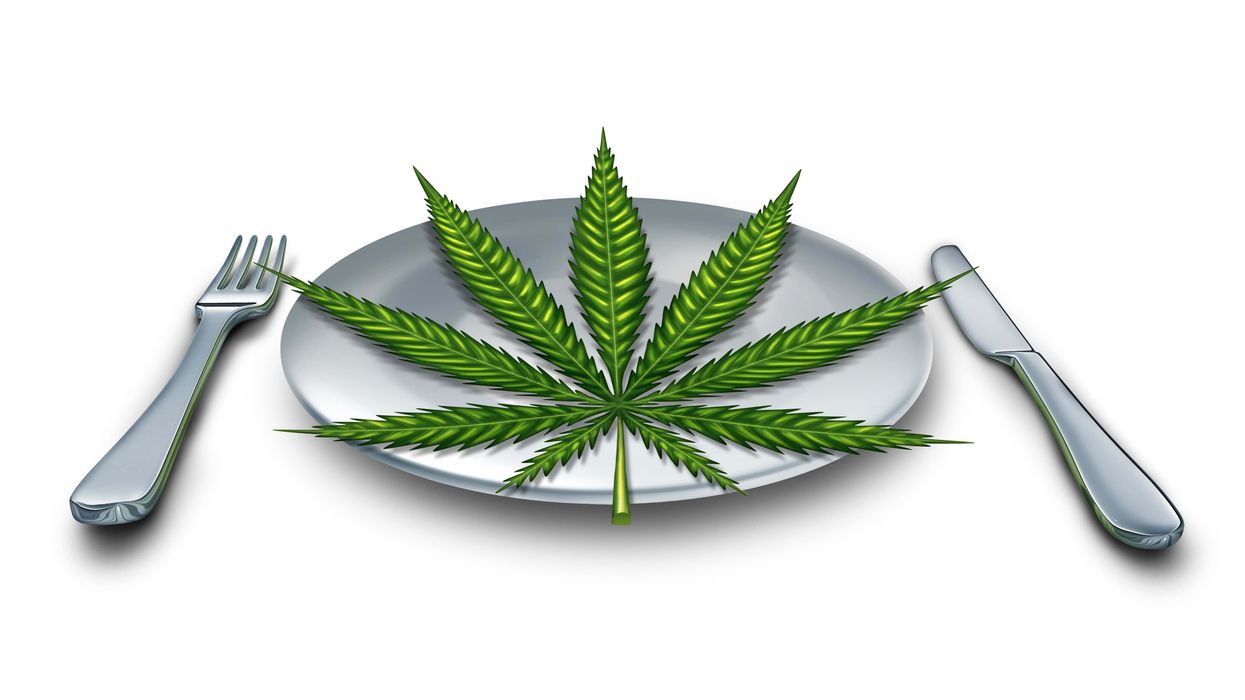
 Cannabis can actually be infused into almost any type of food.
Cannabis can actually be infused into almost any type of food.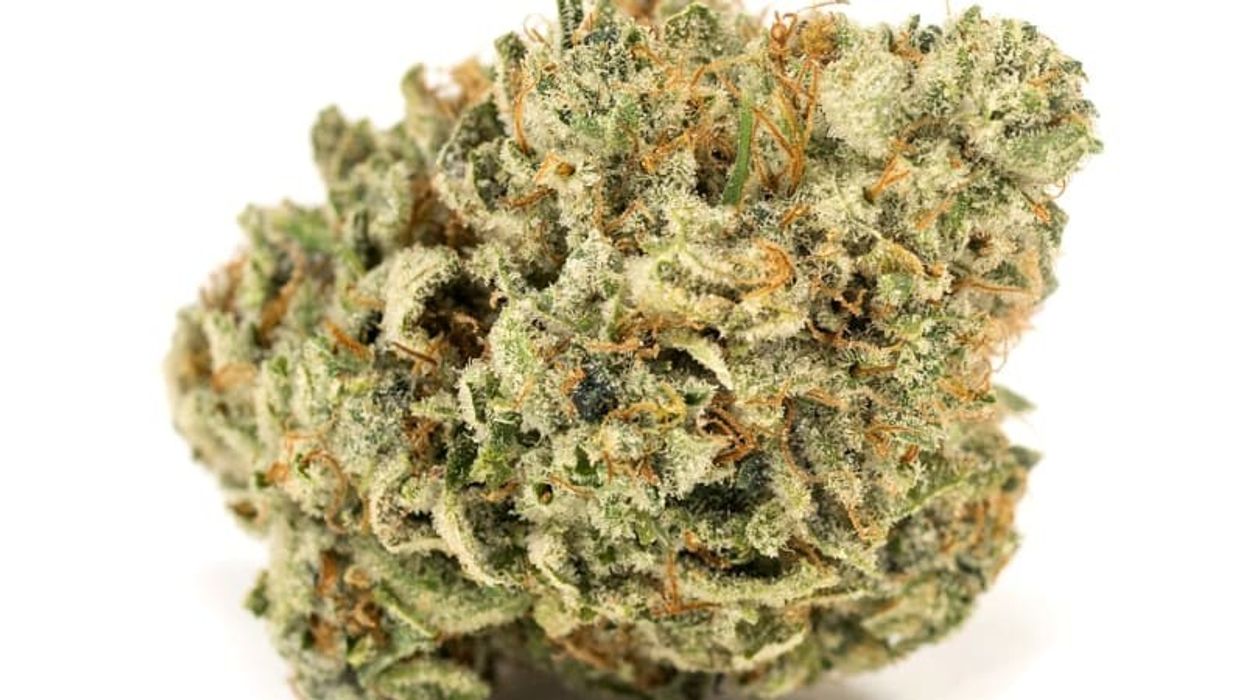

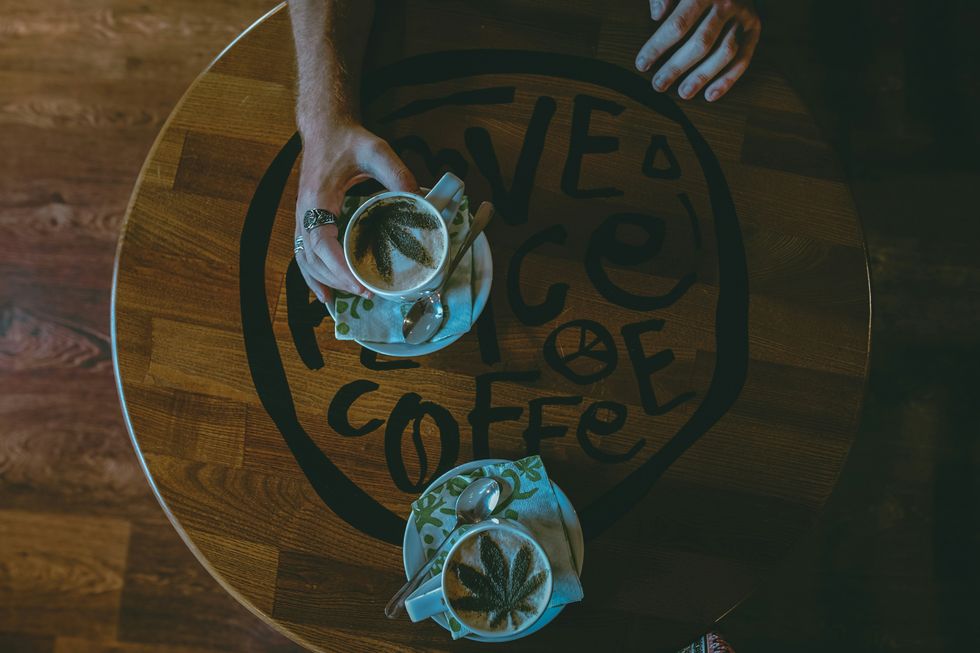 Coffee & Weed: A Modern Spin on the Hippie Speedball - The Bluntness
Photo by
Coffee & Weed: A Modern Spin on the Hippie Speedball - The Bluntness
Photo by 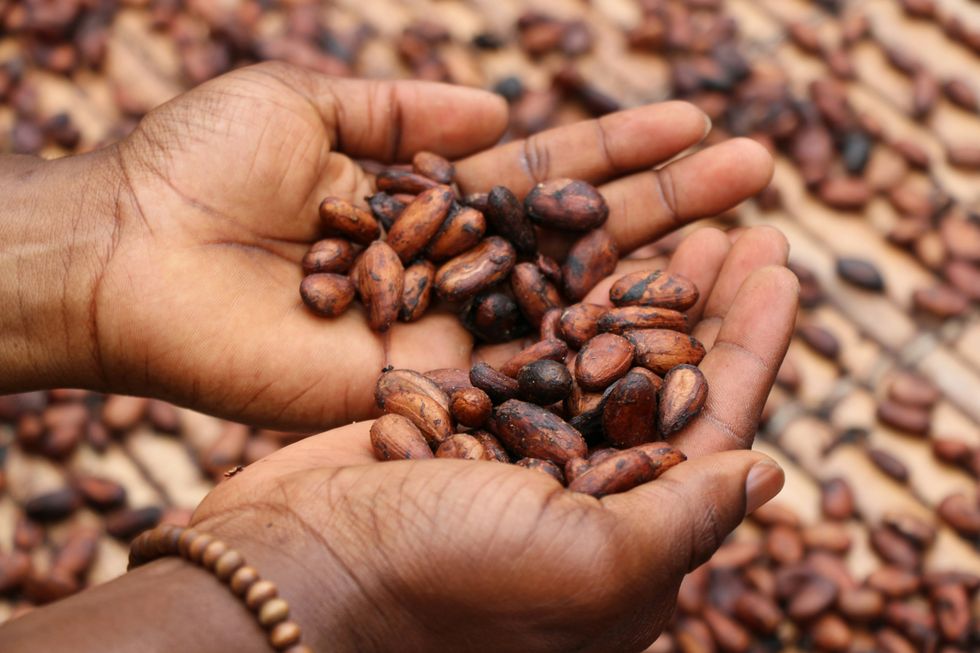 Coffee & Weed: A Modern Spin on the Hippie Speedball - The Bluntness
Photo by
Coffee & Weed: A Modern Spin on the Hippie Speedball - The Bluntness
Photo by 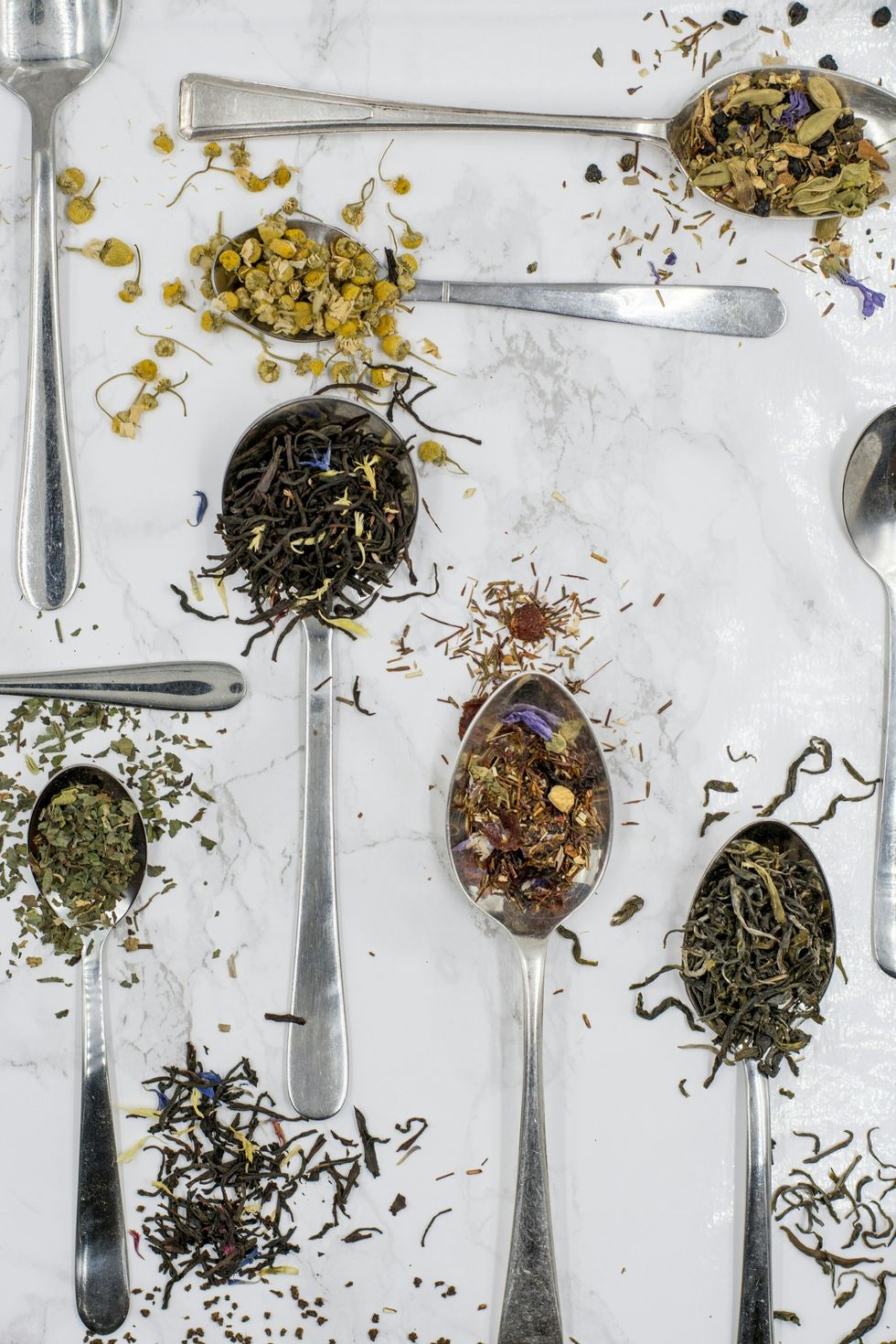 Coffee & Weed: A Modern Spin on the Hippie Speedball - The Bluntness
Photo by
Coffee & Weed: A Modern Spin on the Hippie Speedball - The Bluntness
Photo by